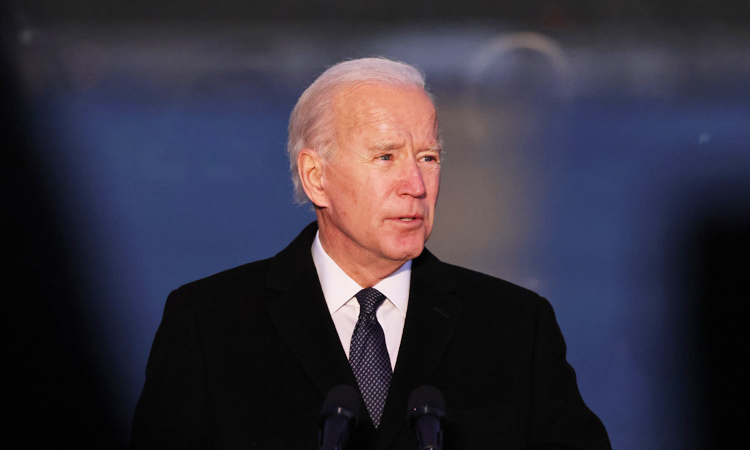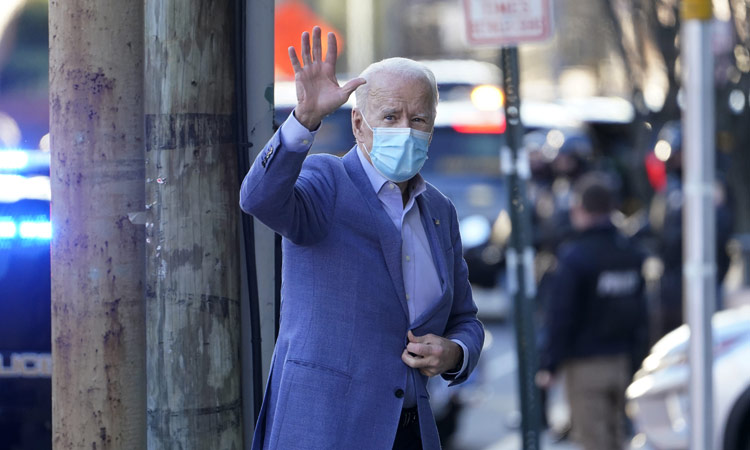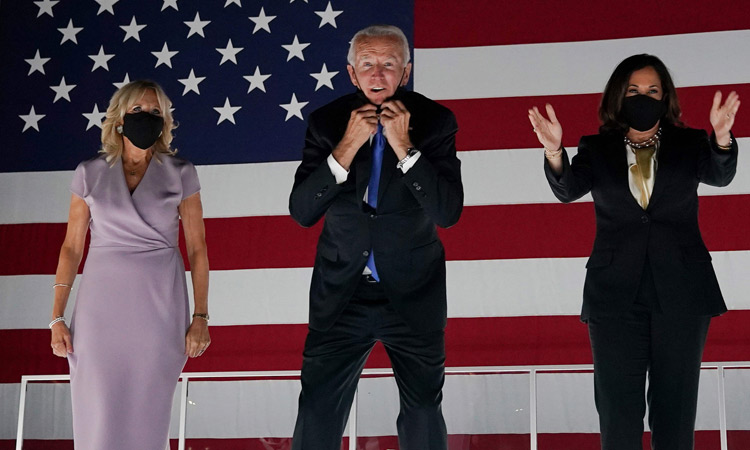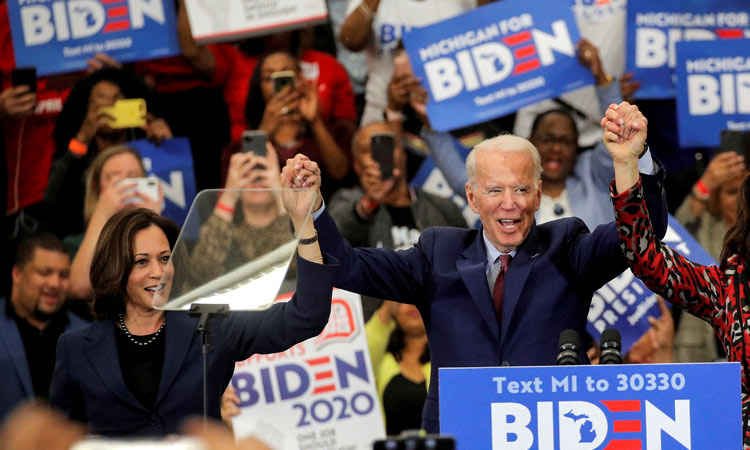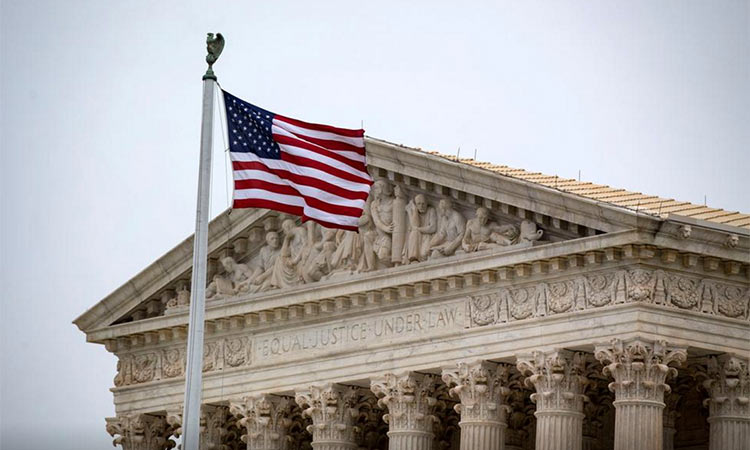Next week’s debate will be peaceful because of Trump’s absence
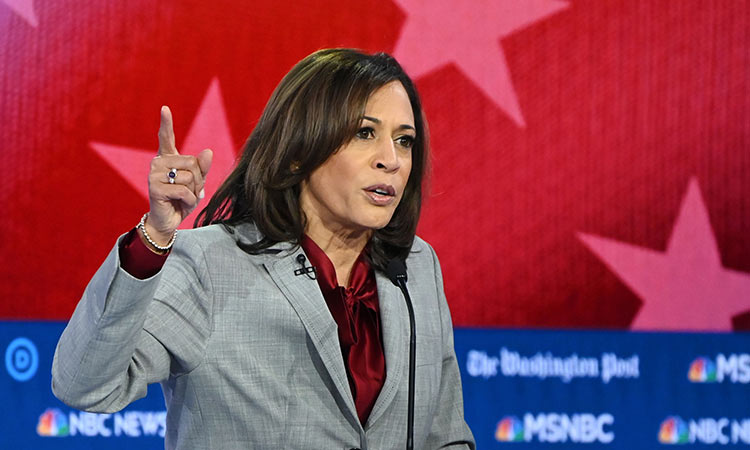
Kamala Harris. File
I can’t decide whether to fault President Donald Trump for pulling out of next week’s debate with former Vice President Joe Biden, or extend the thanks of a grateful nation. But after two sessions that insulted the intelligence of American voters, I’m leaning toward the latter.
The Commission for Presidential Debates announced early Thursday that, out of an abundance of caution, the Oct. 15 debate would be staged virtually instead of indoors at the Adrienne Arsht Centre in Miami. The town hall format had called for the candidates to be questioned by members of the audience, which raised the risks of a coronavirus outbreak.
Biden agreed to the change. Trump did not, saying in an interview on Fox Business, “I’m not going to waste my time on a virtual debate. That’s not what debating is all about.” Instead, the president — who’s still taking the steroid dexamethasone for his COVID-19 infection — will hold a campaign rally.
I’ll admit, I was looking forward to watching Trump position himself on the stage in Miami to loom ominously in the background whenever Biden answered questions, as Trump often did to Hillary Clinton during their town hall debate in 2016. The virtual format wouldn’t allow that, which may have made it less appealing to Trump. His poll numbers tanked after the first debate, which may have been another factor in his decision to withdraw.
But here’s why I am kind of grateful that Trump is putting the kibosh on taking part in next week’s debate, at least for now (Trump has a habit of shifting positions like a weather vane). The gamesmanship displayed by Trump last week and by Vice President Mike Pence during Wednesday’s vice presidential debate has received a lot of attention, which it deserved because it was extreme. But the most frustrating aspect of the debates has been how unenlightening they’ve been. Given repeated opportunities to distill for Americans their differences and their plans for the next four years, the candidates have largely whiffed.
After the smouldering wreck of the Trump-Biden dust-up, many observers expected the debate between Pence and Sen. Kamala Harris (D-Calif.) to be far more policy-oriented and productive. Moderator Susan Page of USA Today held up her side of the bargain, posing pointed, potentially revealing questions about a series of major issues. Instead of answering, however, the candidates delivered the broadsides their campaigns wanted them to deliver.
Nowhere was this more obvious than when Page noted how Trump’s doctors had given misleading or evasive answers about the president’s health in recent days, and asked whether the public had a right to know more. Pence praised the care Trump received, saying, “The transparency that they practised all along the way will continue,” and then thanked Biden and Harris for their expressions of concern. It was probably his most graceful dodge of the night.
Given the opportunity to list the many open questions about Trump’s health and the damning implications thereof — for example, “Why won’t he say when he last tested negative for the virus?” Or, “Why did he receive the sort of treatment usually given to COVID-19 patients who had much worse symptoms than he disclosed?” — Harris pivoted immediately to Trump’s income taxes. Seriously. His taxes.
Just as infuriating was the discussion of what would happen if the Supreme Court overturned Roe v. Wade. Page asked Pence, the former governor of Indiana, what restrictions on abortion he’d like to see that state impose. He first talked about foreign policy, then about whether Trump’s last-minute Supreme Court nominee, Amy Coney Barrett, would see her religious views challenged by Harris and other Democrats on the Senate Judiciary Committee. It was forehead-slappingly bad.
